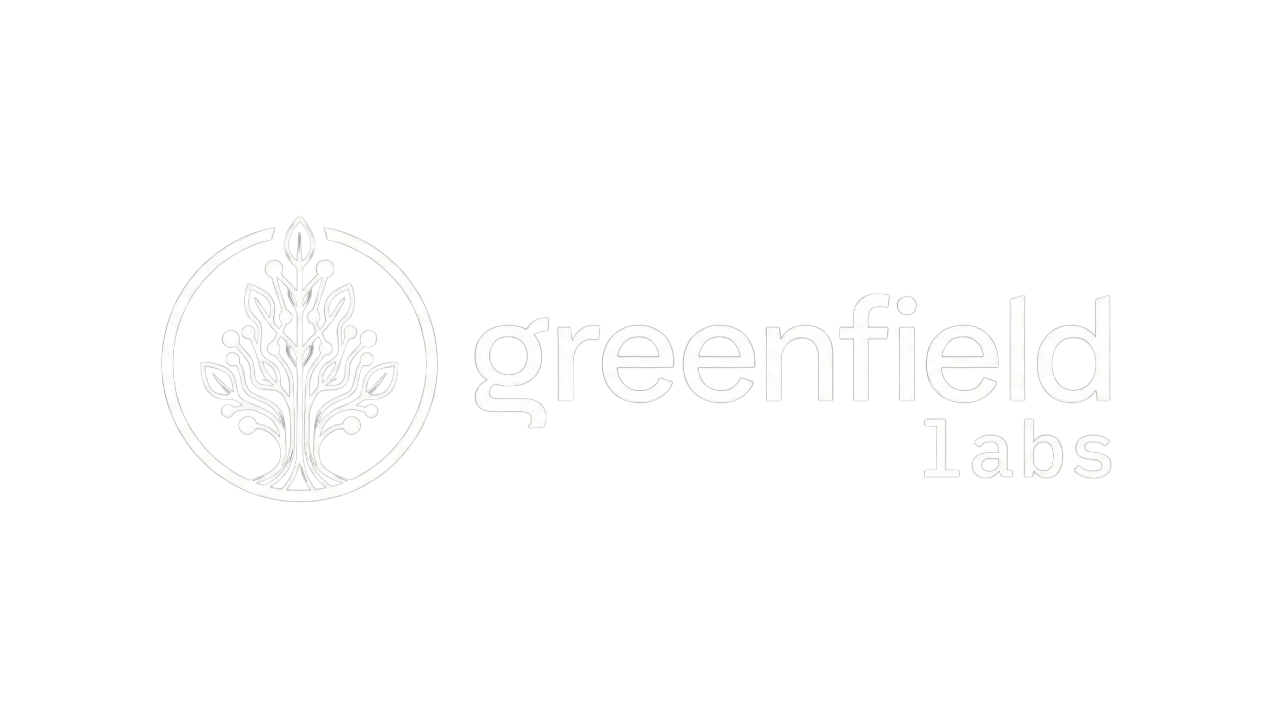Getting Started
Getting Started
Section titled “Getting Started”🎯 Goal: Get from zero to a running microservice in 35 minutes
This section contains quick start guides to help you begin using the Banyan platform immediately. These guides focus on immediate results with minimal explanation - detailed concepts are covered in other sections.
Your First Hour with Banyan
Section titled “Your First Hour with Banyan”Your Learning Journey─────────────────────────────────────────────────────────────────────0min 5min 20min 30min 35min│ │ │ │ │Setup First Call APIs Understand NextPlatform Service Platform Steps│ │ │ │ │└─────────┴──────────────┴──────────────────┴────────────┘Prerequisites Checklist
Section titled “Prerequisites Checklist”Before starting, ensure you have:
- ✅ Node.js 20 or later installed (Download)
- ✅ Docker and Docker Compose installed (Download)
- ✅ Basic TypeScript knowledge (variables, functions, classes)
- ⚪ Familiarity with microservices (helpful but not required)
💡 Best Practice: Complete all four guides in order for the best learning experience
Step-by-Step Learning Path
Section titled “Step-by-Step Learning Path”Follow these guides in order to build your first service:
⏱️ Time: 5 minutes | 🟢 Difficulty: Beginner
What you’ll do:
- Clone the Banyan platform repository
- Start infrastructure with Docker Compose
- Verify all services are running
You are here: Installation → First Service → Call APIs → Next Steps
⏱️ Time: 15 minutes | 🟢 Difficulty: Beginner
What you’ll do:
- Create a new microservice using the CLI
- Write your first command handler
- Understand handler auto-discovery
- See your service register automatically
You are here: Installation → Your First Service → Call APIs → Next Steps
⏱️ Time: 10 minutes | 🟢 Difficulty: Beginner
What you’ll do:
- Call your service via REST API
- Call your service via GraphQL API
- Use WebSocket subscriptions for real-time events
- Understand the API Gateway’s role
You are here: Installation → First Service → Call APIs → Next Steps
⏱️ Time: 5 minutes | 🟢 Difficulty: Beginner
What you’ll do:
- Explore what you just built
- Learn what the platform auto-generated
- Discover learning paths based on your goals
- Choose your next tutorial
You are here: Installation → First Service → Call APIs → Next Steps
What You’ll Build
Section titled “What You’ll Build”By the end of these guides, you’ll have:
my-first-service/├── commands/│ └── CreateItemHandler.ts ← Processes state changes├── queries/│ └── GetItemHandler.ts ← Reads data (with caching)├── events/│ └── ItemCreatedHandler.ts ← Reacts to domain events├── docker-compose.yml ← Auto-generated└── package.json ← Ready to runPlus, you’ll understand:
- ✅ How to create microservices without infrastructure code
- ✅ How handler auto-discovery works
- ✅ How services communicate via message bus
- ✅ How the API Gateway exposes REST and GraphQL APIs
- ✅ How to call your service from external clients
Learning Time Commitment
Section titled “Learning Time Commitment”| Guide | Time | Difficulty | Focus |
|---|---|---|---|
| Installation | 5 min | 🟢 Beginner | Platform setup |
| Your First Service | 15 min | 🟢 Beginner | Service creation |
| Calling APIs | 10 min | 🟢 Beginner | API integration |
| Next Steps | 5 min | 🟢 Beginner | Learning paths |
| Total | 35 min | 🟢 Beginner | Complete getting started |
After Getting Started
Section titled “After Getting Started”Once you complete these guides, choose your learning path:
Path 1: Hands-On Practice
Section titled “Path 1: Hands-On Practice”Best for: Learners who prefer building real features
Continue to Tutorials:
- Build a complete Todo service (90 min)
- Add user authentication (2 hrs)
- Create a blog platform (3 hrs)
Path 2: Deep Understanding
Section titled “Path 2: Deep Understanding”Best for: Developers who want to understand architecture first
Continue to Concepts:
- Message Bus Architecture (20 min)
- CQRS Pattern (30 min)
- Event Sourcing (30 min)
Path 3: Specific Tasks
Section titled “Path 3: Specific Tasks”Best for: Developers with specific goals
Continue to Guides:
- Writing command handlers
- Adding authentication
- Implementing event sourcing
Get Help
Section titled “Get Help”If you encounter issues during setup:
- Check prerequisites: Verify Node.js and Docker versions
- Read error messages: Most errors indicate missing dependencies
- Visit troubleshooting: Service Won’t Start
- Check logs:
docker compose logs -f service-name
⚠️ Warning: The platform requires Docker Compose v2.0 or later. Check with
docker compose version.
Quick Links
Section titled “Quick Links”- Installation Guide →
- Troubleshooting Common Setup Issues
- Platform Architecture Overview
- Example Services
Ready to start? → Install the Platform (5 minutes)
